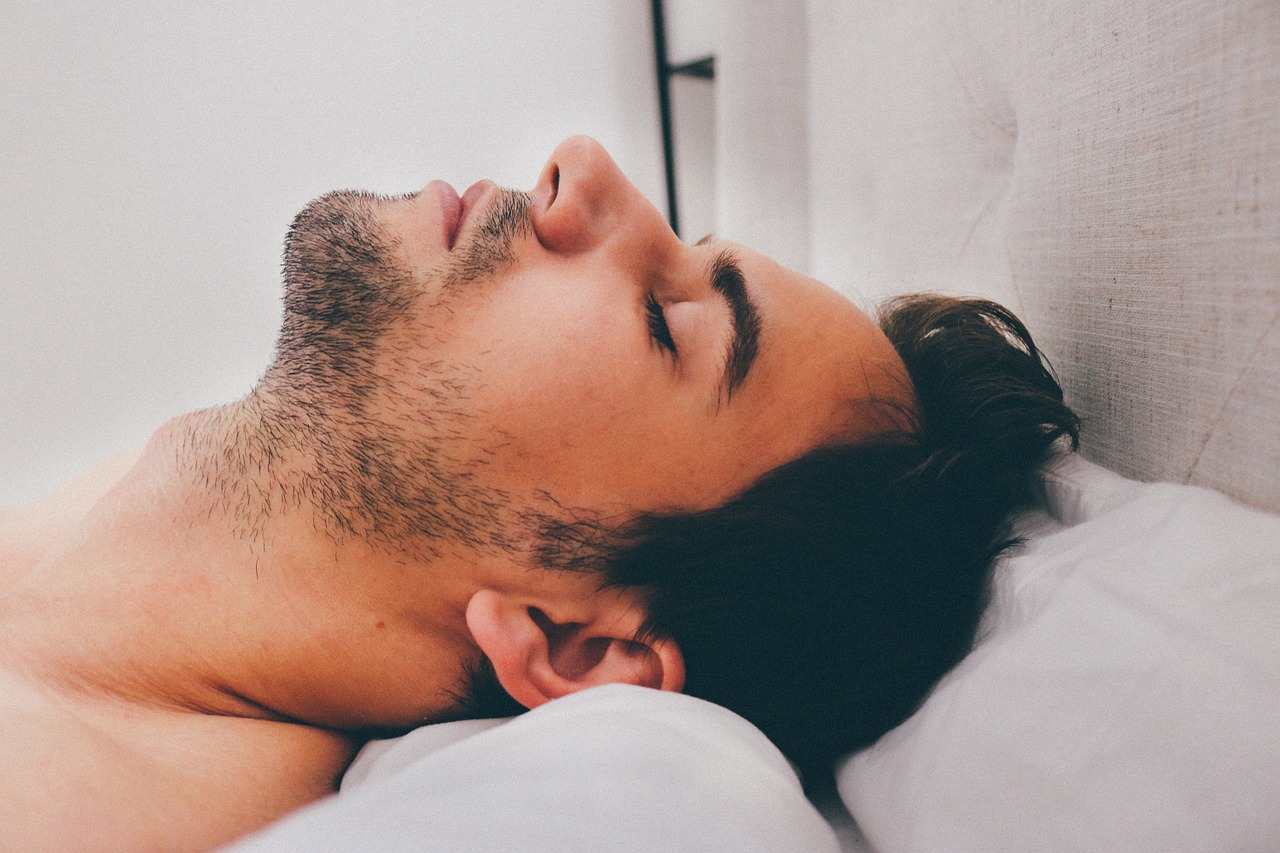10 Proven Habits To Sleep Better At Night
Introduction
When you come home after a long day and want to get to your bed as soon as possible because you have an even longer day tomorrow, we know what you go through.
But, many people can’t sleep so quickly, even when they are tired.
No amount of tiredness, exhaustion, or pills work on them because they just can’t sleep.
We agree that if you keep browsing through thenewpiratebay.org, you won’t be able to sleep. But that’s not the only solution.
Today, we will talk about some habits that will help people sleep better.
10 Proven Habits That Help People Sleep Better
If you have insomnia, you can always check in with a doctor and follow his advice. But, if you don’t want to depend upon sleeping pills or therapies, we have some practical suggestions for you to sleep better. Let’s take a look:
1: Reduce Daytime Naps
If you can’t sleep at night, it sometimes means you are sleeping way too much during the day.
When people have a trend of taking power naps during the daytime, they complete their sleeping quota for the day.
So, it’s natural that by the time the nighttime comes, they can’t fall asleep anymore.
This is why you should reduce your daytime naps if you want to sleep better at night.
2: Relax And Clear Your Mind
Many people have a relaxing habit before going to bed. Therefore, another typical method for treating insomnia is to practice relaxation techniques before bed.
These approaches have been demonstrated to increase sleep quality.
A soothing massage enhanced sleep quality in persons who were sick in one research.
Listening to soothing music, reading a book, taking a hot bath, meditation, deep breathing, and visualization are some of the techniques that might help you relax.
3: Get A Comfortable Mattress
Some people are perplexed as to why they always seem to sleep better in hotels. Apart from the calming surroundings, the quality of the bed might have an impact on sleep.
A 28-day study looked at the benefits of a new mattress and found that it increased sleep quality by 60%.
New bedding can improve sleep. Furthermore, poor-quality bedding can contribute to an increase in lower back pain.
It’s advised that you replace your bedding every 5–8 years at the very least.
4: Exercise
Exercise is one of the most scientifically proven methods for improving your sleep and overall health.
It can improve all elements of sleep and has been used to alleviate insomnia symptoms.
In one research of older persons, exercise reduced the time it took to fall asleep by nearly half and resulted in 41 extra minutes of sleep every night. So, exercise daily to get a good night’s sleep.
5: Don’t Drink Liquids Just Before The Bed
Large volumes of liquids consumed before bed can cause comparable sensations; however, some people are more sensitive than others.
Although hydration is essential for your health, it’s a good idea to cut back on fluids in the late evening.
It would help if you also used the restroom shortly before bed to reduce your chances of waking up in the middle of the night.
6: Don’t Consume Caffeine
Caffeine provides several health benefits and is consumed by 90% of the population in the United States.
On the other hand, it may prevent you from getting a good night’s sleep.
Stick to decaffeinated coffee if you want a cup of coffee in the late afternoon or evening, and it won’t hamper your sleeping habits.
7: Be Consistent
The circadian rhythm in your body runs on a predetermined schedule, aligning itself with dawn and sunset.
Participants in one study who went to bed late on weekends had poor sleep.
If you have trouble sleeping, attempt to get into the routine of waking up and going to bed simultaneously every day. You might not even need an alarm after a few weeks.
8: Don’t Drink Alcohol
Having a few beers late at night might negatively impact your sleep and hormones.
Sleep apnea, snoring, and interrupted sleep patterns are all caused or exacerbated by Alcohol.
It also affects melatonin production at night, important for your body’s circadian rhythm. So, stop consuming alcohol and see how your sleeping pattern changes.
9: Optimize Your Bedroom Environment
Many people believe that the bedroom environment is an essential aspect of getting a good night’s sleep.
Numerous studies also show that external noise plays a significant role in long-term sleeping problems.
Ensure that your bedroom is a peaceful, calm, clean, and comfortable environment.
10: Don’t Eat Late
Late-night eating has been shown to harm sleep quality and the natural production of HGH and melatonin.
In one research, A high-carb dinner that you ate a few hours before bedtime prevented your sleeping pattern noticeably.
A low-carb diet was helpful in falling asleep, according to one study. So, eat what you want but don’t eat them late at night.
Enjoy A Good Night’s Sleep!!!
Experiment with different approaches to see what works best for you. For example, exercise provides more advantages than most medicines in persons with severe insomnia.
But, you can choose whatever method you think will work well. Then, if you want to know more about them, ask us in the comment section below.

